‘S. Africa meeting can take relations to the next level’
Updated: 2015-12-05 03:09
By Andrew Moody in Johannesburg(China Daily USA)
|
||||||||
South African academic Garth Shelton believes the Forum on China-Africa Cooperation summit could be the organization’s most important meeting in its 15-year history.
The associate professor of international relations at the University of Witwatersrand in Johannesburg insisted it could raise China-Africa relations to a new level.
“There is no doubt this could be a meeting of real significance. There is a lot of anticipation that President Xi Jinping will announce something new and very exciting,” he said.
Shelton released a new book dedicated to the Johannesburg summit, FOCAC 2015: A New Beginning of China-Africa Relations, at the Burgers Park Hotel in Pretoria on Dec 3.
“The aim was to produce a book where Chinese and African scholars could give their viewpoints about the China-Africa relationship.
“This is important because I think Western academics are often critical of the engagement. We see potential, whereas they want to send out warnings.”
Shelton, 58, has been an associate professor at the University of Witwatersrand since 2002, believes there will be a number of substantive agenda items emerging from the Johannesburg summit.
These will include a stepping up of infrastructure development, investment in high- speed rail, African regional integration, poverty reduction, ecological protection, female empowerment and a renewed emphasis on security measures.
Shelton believes China wants what it has described as “a new epoch” for China-Africa relations, partly built on the continent’s key role in China’s Belt and Road Initiative.
Shelton, who co-edited his latest book with Li Anshan, professor of international studies at Peking University, and Funeka Yazini April, a researcher at the Africa Institute of South Africa, said the only concern is that a slowdown in the China economy may affect whether some of the objectives can be met.
“If over the next three to five years the Chinese economy continues to slow, it might have some negative impact on the summit agenda,” he said.
Shelton believes another focus for the first time at a FOCAC meeting will be female empowerment, which is a high priority in the African Union’s Agenda 2063.
“Female empowerment is a big trend in Africa. One of the practical proposals coming out of the summit could be for the Chinese to reserve 50 percent of the places for students going from Africa to study in China for women,” he said.
The academic believes the agenda for this FOCAC summit began to be shaped when President Xi made Africa one of his first overseas destinations when he visited Tanzania, South Africa and the Republic of Congo in 2013.
“He placed quite a lot emphasis on the Chinese dream of national rejuvenation being directly linked to Africa’s dream, for poverty reduction. This was a very positive message. It was almost as if China could be a role model for Africa,” he said.
Shelton’s previous book, The Forum on China-Africa Co-operation: A Strategic Opportunity, which he wrote with Farana Paruk and was published in 2008, stressed the importance of the China-Africa relationship.
He said one of the most impressive aspects of the FOCAC is China’s implementation of the agenda.
There are more than 20 Chinese government departments linked to a FOCAC implementation committee within China’s Ministry of Foreign Affairs.
“If they say they are going to build 20 schools, then 20 schools will be built. We don’t have any worry about this happening, and we are very satisfied.”
Shelton, who is also a director of the Pretoria-based Institute for Global Dialogue, believes China’s building of infrastructure has had a transformative impact on the continent.
He is dismissive of those who argue that setting up factories and driving the industralization of the continent would have been effective.
“I have visitors from China who say they would love to invest in manufacturing but are concerned about how they would get their goods from the manufacturing plant to the harbor and then export it.
“I think the manufacturing investment will flow not just from China but elsewhere, but you have to have the infrastructure first.”
- Locals have tradition of drying foods during harvest season
- Beijing-Tianjin-Hebei govts to cooperate on emissions control
- Web promotion of prostitution to be targeted
- Two more spells of smog predicted to sweep North China
- Glass bridge in grand canyon of Zhangjiajie under construction
- Road rage cases pose huge safety challenge

 Can Chinese ‘white lightning’ make it in US?
Can Chinese ‘white lightning’ make it in US?
 Gunmen go on a killing spree in Southern California
Gunmen go on a killing spree in Southern California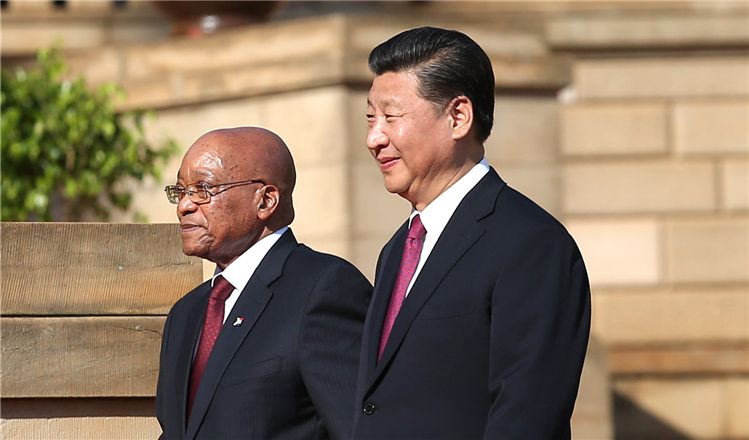
 Chinese, South African presidents hold talks to cement partnership
Chinese, South African presidents hold talks to cement partnership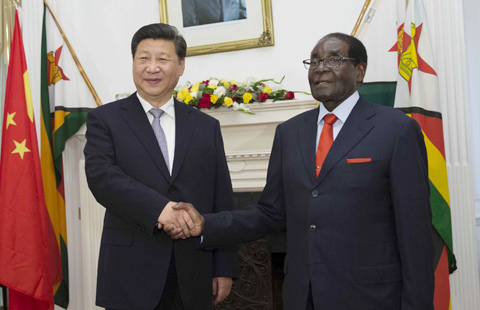
 China, Zimbabwe agree to boost cooperation
China, Zimbabwe agree to boost cooperation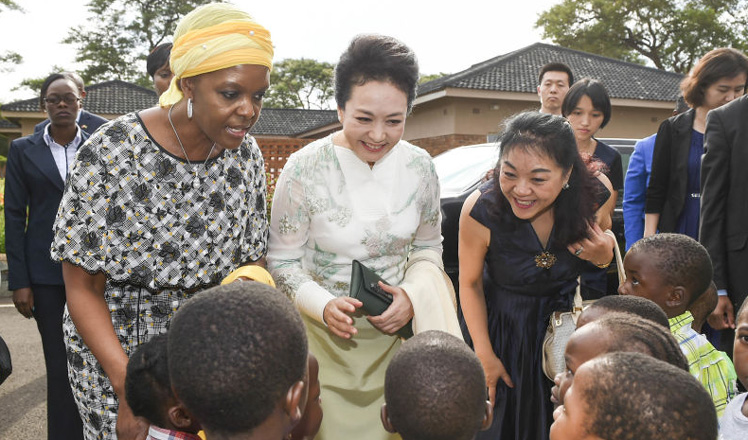
 First lady visits Africa's 'new window' on China
First lady visits Africa's 'new window' on China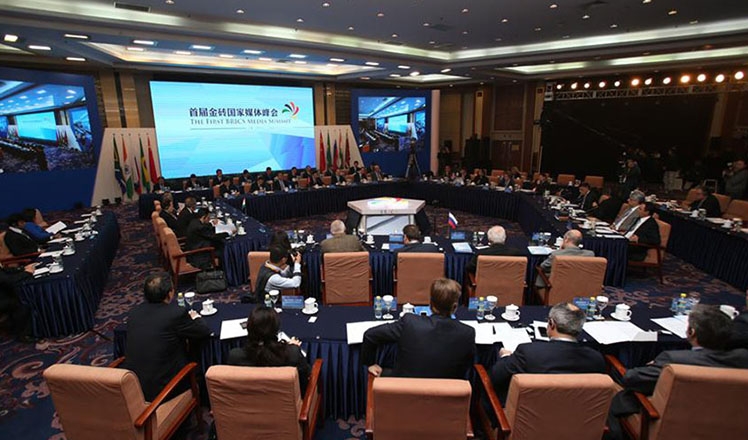
 BRICS media leaders to secure louder global voice
BRICS media leaders to secure louder global voice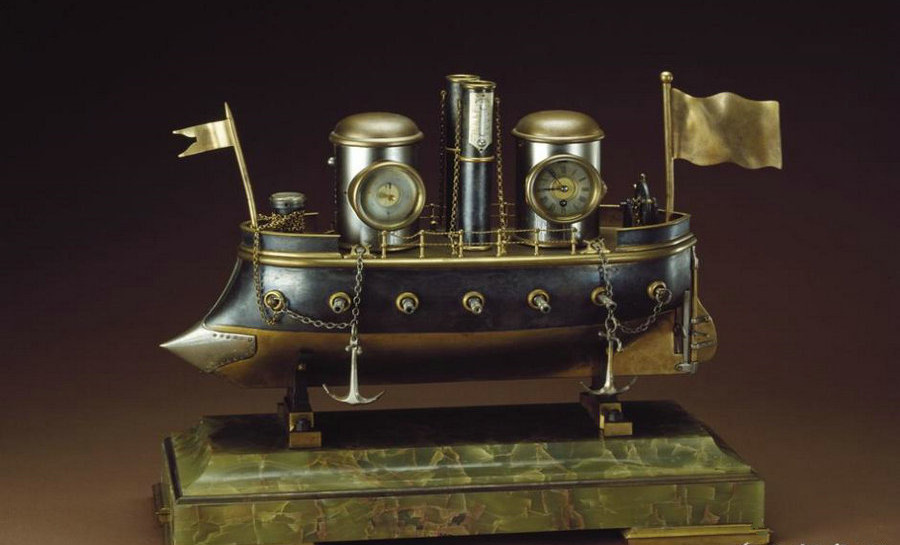
 Western science in the eyes of Chinese emperors
Western science in the eyes of Chinese emperors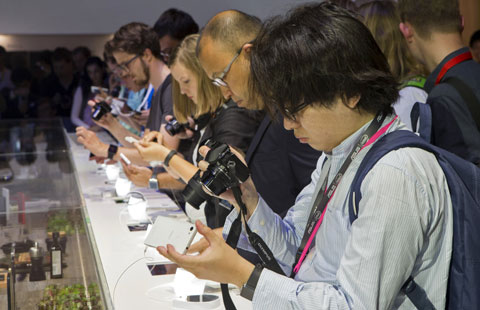
 Top 10 smartphone vendors with highest shipments in Q3 2015
Top 10 smartphone vendors with highest shipments in Q3 2015
Most Viewed
Editor's Picks

|

|

|

|

|

|
Today's Top News
Shooting rampage at US social services agency leaves 14 dead
Chinese bargain hunters are changing the retail game
Chinese president arrives in Turkey for G20 summit
Islamic State claims responsibility for Paris attacks
Obama, Netanyahu at White House seek to mend US-Israel ties
China, not Canada, is top US trade partner
Tu first Chinese to win Nobel Prize in Medicine
Huntsman says Sino-US relationship needs common goals
US Weekly

|

|







